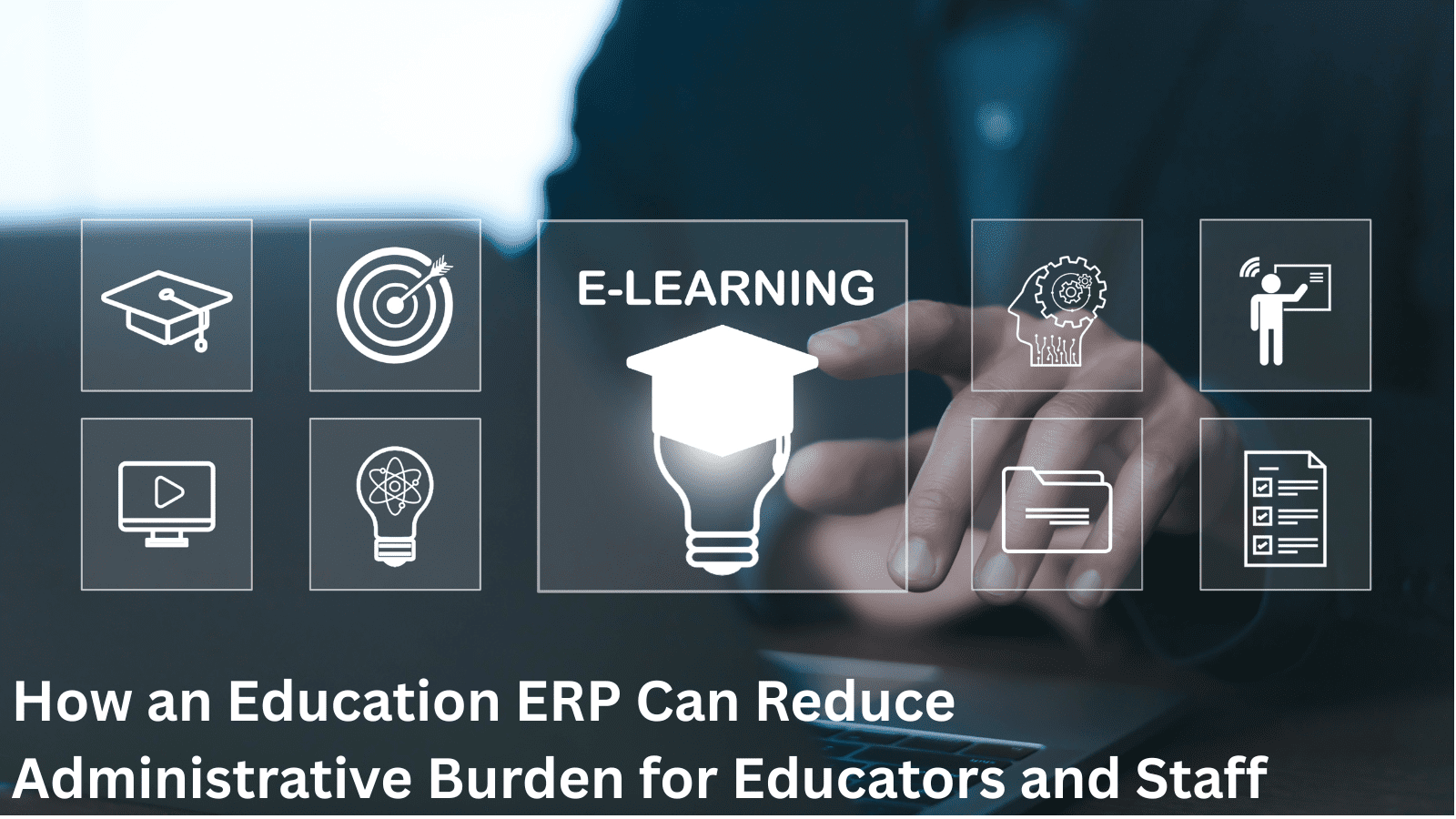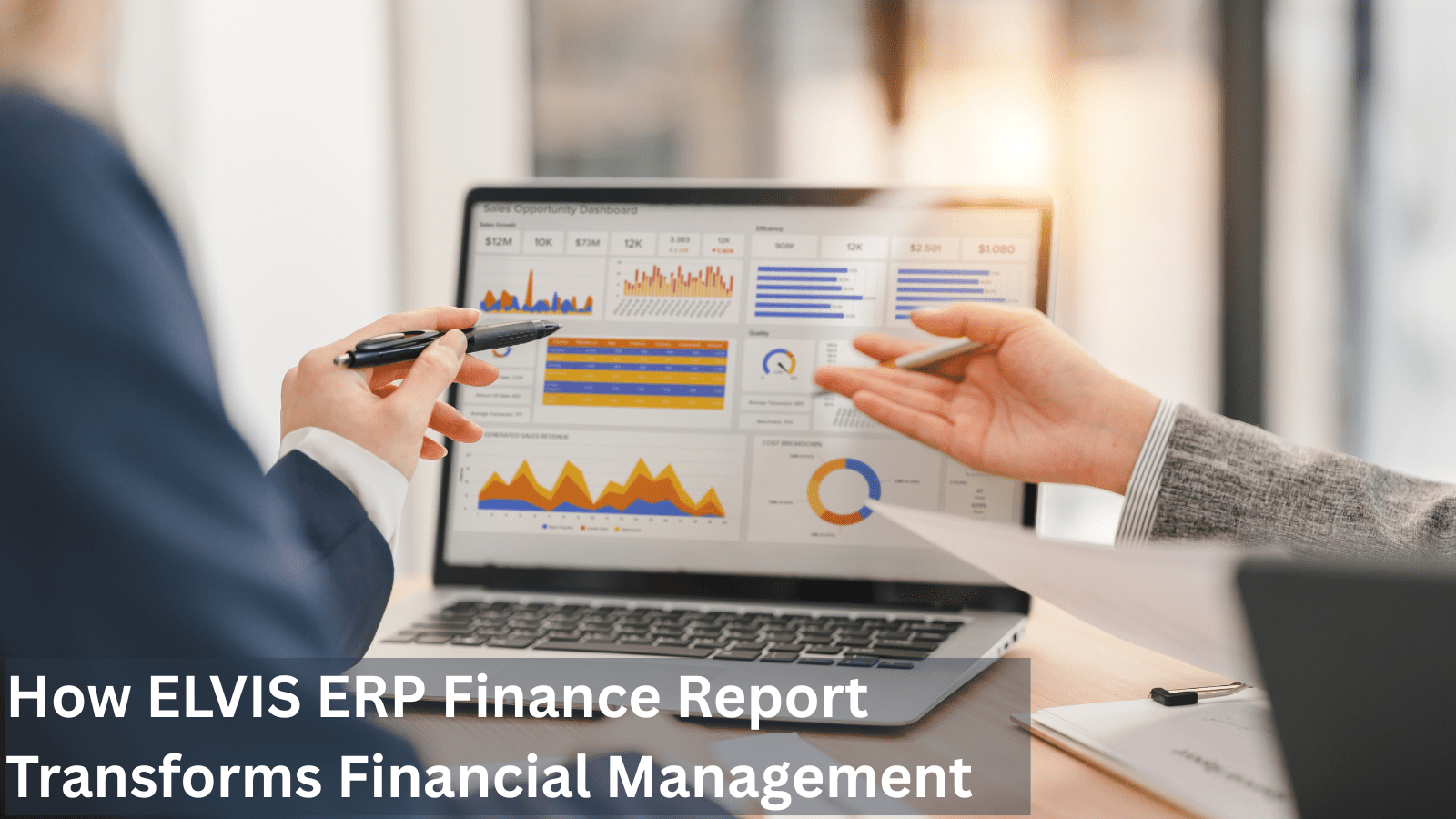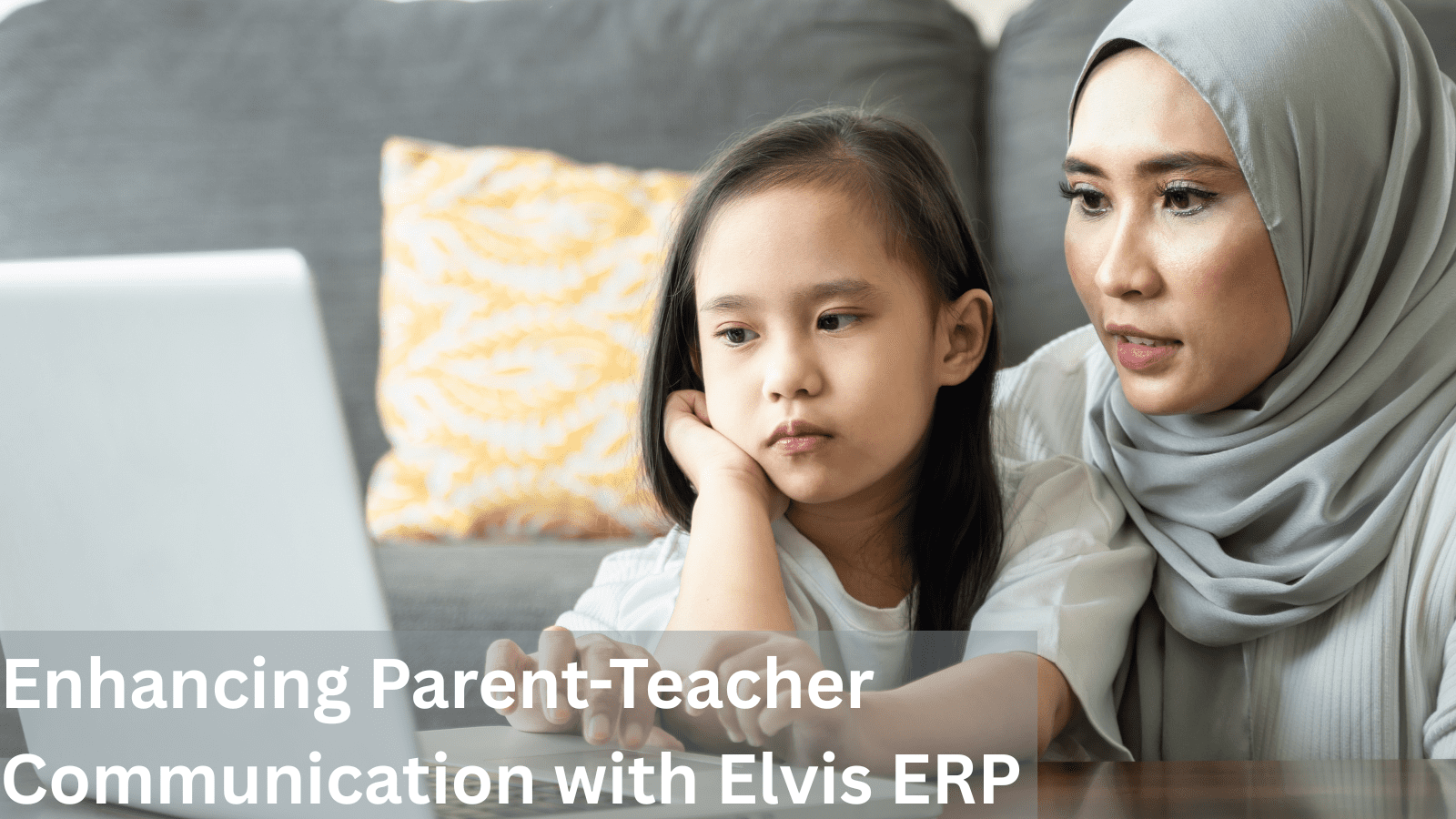Introduction
Today, educational institutions are utilizing Education Resource Planning (ERP) systems to maximize efficiency and provide a great learning environment. Imagine a centralized platform that seamlessly integrates student information, finances, academics, communication, and even transportation – that’s the power of an ERP.
However, implementing an ERP has its challenges. Let’s dive into the top 5 challenges schools typically face and explore solutions to overcome them:
Challenge #1: Data Security Fortress
Schools are entrusted with a vast amount of sensitive data – student information, grades, financial records, and even health data in some cases. Therefore, this data must be protected.
Solution: Prioritize cloud-based ERPs with robust security features. Look for multi-factor authentication, data encryption, and regular security audits. Don’t hesitate to ask vendors detailed questions about their security protocols and compliance certifications.
Challenge #2: User Buy-in, Not Buyer’s Remorse
Change, even positive change, can be met with resistance. Faculty and staff adapted to their existing routines might feel nervous about learning a new system. Moreover, inadequate training can lead to frustration and restrict smooth adoption.
Solution: Invest in comprehensive training programs that go beyond basic functionality. Training should be tailored to different user roles – administrators, teachers, parents, and students – and provide plenty of opportunities for hands-on practice. Most importantly, encourage open communication and address user concerns promptly.
Challenge #3: Integration Tango: Avoiding Data Silos
Schools often have various existing software for various functions – attendance, learning management systems, or online libraries. Integrating the ERP with these disparate systems can be a complex task, leading to data silos and frustrating workarounds.
Solution: Embrace the power of open APIs (Application Programming Interfaces). An ERP with open APIs allows seamless integration with existing software, ensuring smooth data flow and eliminating the need for manual data entry.
Challenge #4: Cost Considerations: Beyond the Bottom Line
Education budgets often need to be more balanced. The initial cost of an ERP system, coupled with ongoing maintenance fees, can be a significant concern for school administrators.
Solution: Many vendors offer flexible pricing models, including subscription-based options that spread the cost over time. Look beyond the immediate financial cost and consider the long-term return on investment (ROI). A well-implemented ERP can lead to significant cost savings through streamlined processes, reduced paperwork, and improved resource allocation.
Challenge #5: Customization Quandary: Finding the Right Fit
A large public high school will have different requirements compared to a small, private elementary school. The ideal ERP should be adaptable to your specific environment.
Solution: Seek out ERPs that offer customization options. This could involve tailoring features, reports, and workflows to fit your school’s curriculum, grading scales, or communication preferences. Some vendors even allow custom modules to be developed for specific needs.
Bonus Tip – Transparency is Key: Fostering Open Communication
Implementing an ERP is a collaborative effort. Keep faculty, staff, and parents informed throughout the process. Organize meetings, create FAQs, and establish clear communication channels to address concerns. By fostering transparency and open communication, you can ensure a smooth transition and maximize user buy-in.
By actively addressing these challenges, schools can harness the true potential of an ERP system. Improved efficiency, data-driven decision-making, and enhanced communication across all stakeholders will pave the way for a more optimized learning environment, allowing teachers to focus on what they do best – inspiring and nurturing young minds.
Frequently Asked Questions (FAQs)
- Is an ERP system really necessary for my school?
While not mandatory, ERPs offer a centralized platform to manage various school functions, saving time and improving efficiency. Schools with growing student populations or complex administrative needs can benefit greatly from an ERP.
- What are some of the benefits of using an ERP system?
- Improved Efficiency: Streamlined processes, reduced paperwork, and automated tasks free up valuable time.
- Enhanced Communication: Centralized data allows for smoother communication between teachers, staff, parents, and students.
- Data-Driven Decisions: Generate reports and analyze data to make informed choices about curriculum, resource allocation, and student performance.
- Increased Security: Cloud-based ERPs offer robust security features to protect sensitive student information.
- Improved Collaboration: ERPs can facilitate collaboration between teachers and create a more unified learning environment.
- How much does an ERP system cost?
Costs can vary depending on the size of your school, the features you need, and the vendor you choose. Many vendors offer flexible pricing models, including subscriptions.
- Is implementing an ERP system a complex process?
The implementation process depends on the ERP system. Education ERP systems like Elvis are quick to implement and easy to learn. They also offer comprehensive training and support throughout the process.
- How can I ensure a smooth transition to a new ERP system?
- User Buy-in: Involve faculty, staff, and parents in the selection process and address their concerns.
- Comprehensive Training: Provide training tailored to different user roles.
- Open Communication: Maintain open communication channels throughout the process.








